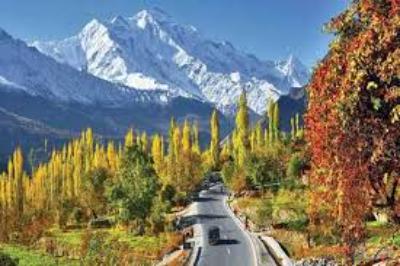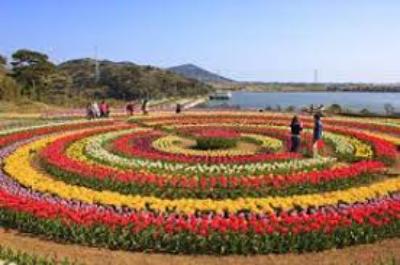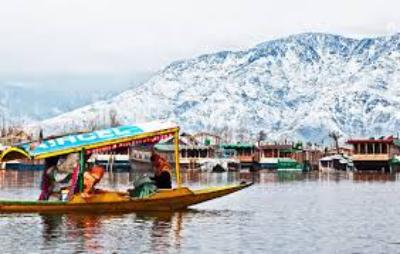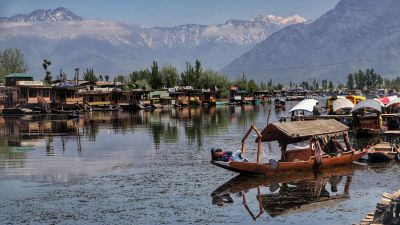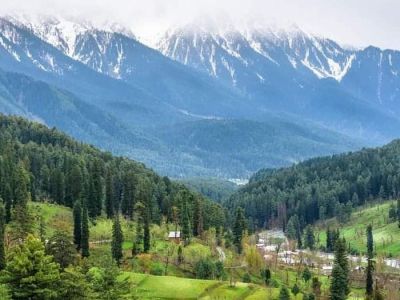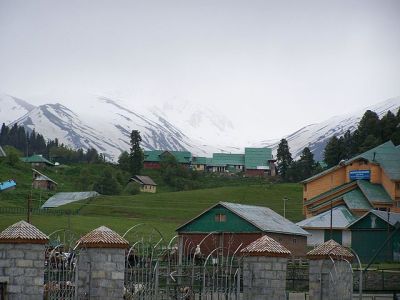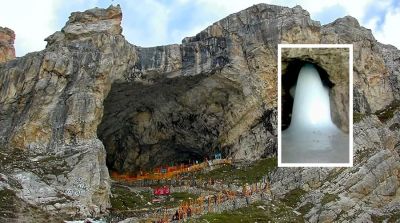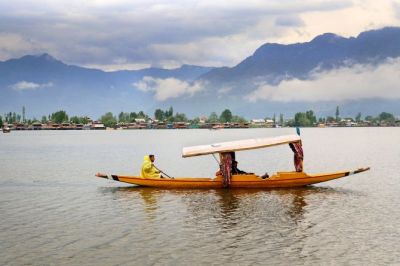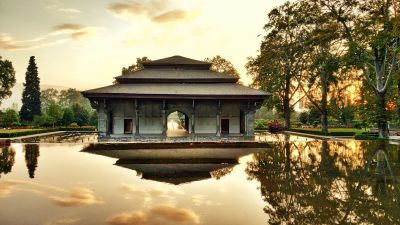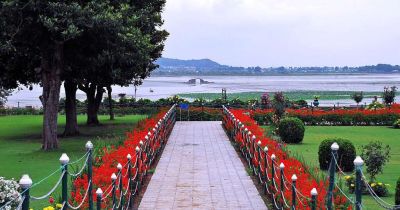Herbs and Healing: A Study of Traditional Kashmiri Medicine
When it comes to traditional medicine, each culture has its unique practices and remedies that have been passed down through generations. One such fascinating system of healing can be found in Kashmir, a region known for its picturesque beauty, but also for its rich tradition of herbal medicine. In this blog post, we will take a closer look at traditional Kashmiri medicine and explore the healing power of herbs in this ancient system.
The Origins of Kashmiri Medicine
Kashmiri medicine, also known as Unani-Tibb, has its roots in the Greek and Persian traditions of medicine. It was introduced to the region during the medieval era and quickly gained popularity among the local population. Over time, it incorporated elements of the Ayurvedic system of medicine and evolved into a distinct form of traditional healing.
The Principles of Kashmiri Medicine
At the core of Kashmiri medicine is the belief in the balance of the four humors - phlegm, blood, yellow bile, and black bile - in the body. It is believed that an imbalance in these humors leads to disease. The goal of treatment in Kashmiri medicine is to restore this balance through the use of herbs, diet, and lifestyle modifications.
Diagnosis in Kashmiri medicine involves examining the patient's pulse, urine, and stool. The physician also takes into account the patient's temperament and overall constitution before prescribing a course of treatment. The treatment plan usually involves a combination of herbal remedies, dietary recommendations, and lifestyle modifications.
The Power of Herbs
Herbs play a central role in Kashmiri medicine, and hundreds of medicinal plants are used to prepare various remedies. These herbs are carefully selected for their specific properties and are used to address a wide range of health conditions.
Some commonly used herbs in Kashmiri medicine include:
- Saffron (Kesar): Known for its antioxidant and antidepressant properties, saffron is used to treat various ailments, including digestive disorders and depression.
- Almonds (Badam): Rich in vitamins and minerals, almonds are used to improve brain function, boost immunity, and promote healthy skin.
- Walnuts (Akhrot): Walnuts are considered a brain-boosting food in Kashmiri medicine and are often prescribed to enhance memory and cognitive function.
- Licorice (Mulethi): Used for centuries in traditional medicine, licorice has anti-inflammatory and expectorant properties. It is often used to treat respiratory disorders and soothe the digestive system.
- Black Pepper (Kali Mirch): Known for its warming properties, black pepper is used to improve digestion, alleviate pain, and enhance circulation.
These are just a few examples of the many herbs used in Kashmiri medicine. Each herb has its own unique properties and benefits, and the combination of herbs in a remedy is carefully chosen to target specific health conditions.
Preservation and Promotion of Kashmiri Medicine
While traditional Kashmiri medicine has been practiced for centuries, there is a growing concern about its preservation and promotion in the modern world. Efforts are being made to document and study this ancient system of medicine to ensure its continuity.
The government of Jammu and Kashmir has set up institutes and research centers to study and promote traditional medicine. These initiatives aim to conduct research on medicinal plants, develop standardized formulations, and train practitioners in the art of Kashmiri medicine.
Conclusion
The traditional medicine of Kashmir offers a unique and holistic approach to healing. Through the use of herbs, diet, and lifestyle modifications, it aims to restore balance and promote overall well-being. As we continue to explore the wonders of traditional healing, it is important to preserve and promote these ancient systems of medicine, ensuring that their wisdom is not lost to history.
If you found this blog post interesting, please share it with others who might also enjoy learning about the fascinating world of Kashmiri medicine.
Disclaimer : The information provided in this blog is for general informational purposes only. While we strive to keep the content accurate and updated, TravelSetu assumes no liability for errors or omissions. If you believe any part of this blog infringes your rights or causes concern, please notify us immediately at info[at]travelsetu[dot]com so that appropriate action can be taken.
